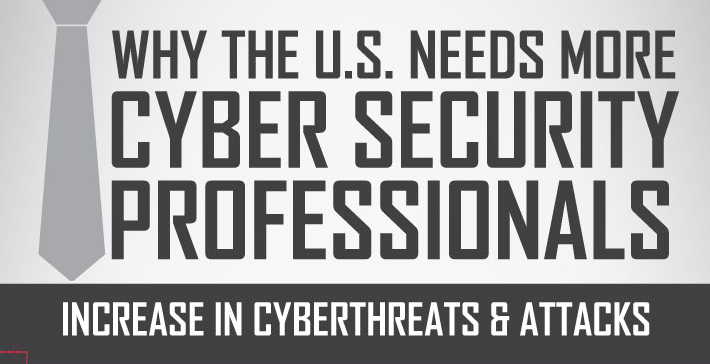
Your success with creating an online presence for your company depends on keeping your website safe. Here are some web security mistakes to avoid for startups.
Having a strong online presence is something that nearly any type of business can utilize to their advantage. Unfortunately, this also comes with the opportunity for web security issues to arise.
With new and dangerous malware being discovered fairly often, it can seem difficult to protect your company from those who would try and take advantage of it. Fortunately, though, there are steps you can take.
Not sure where to start? Don’t worry, we’ve got you covered.
Let’s take a look at everything you need to know about common web security mistakes you should avoid.
1. Not Backing Up Sensitive Data

One of the most straightforward ways to prevent data loss is to archive your company’s sensitive information. This can be accomplished with something as simple as regular backups.
For example, a monthly (or even weekly) backup to a server is often all you’ll need to prepare for a worst-case scenario.
2. Foregoing Updates

Malware typically looks for holes or inconsistencies in software in order to carry out its function. As you may expect, older software with fewer security measures is an easy target for many viruses.
Although it can be tedious to ensure that your company’s software is always up to date, it’s a protective measure that you shouldn’t forego if you’re looking to minimize the chances of being affected by cybercrime.
3. Improper Employee Training

Employees are often at-fault when security breaches become a factor. Improper training can easily result in employees not securing their passwords, interacting with fraudulent emails, etc.
You should also properly train them on how to recognize legitimate sites when looking for tools and resources.
For example, an online calculator that converts nanocoulombs to coulombs is a straightforward software that likely requires little concern. Shady-looking sites that require you to download and install a program, though, should be avoided under most circumstances.
Fortunately, employee training is often brief and takes only a session or two in order to establish ground rules.
4. No Contingency Plan

Accidents happen, and so do disasters. In the event that your company is dealing with an unexpected occurrence, you need to have a plan in place. In general, you should know how to minimize damage from the threat, assess what risk it imposes to your company, and how to recover as quickly as possible.
For example, a business hit by a virus that wipes out company data should be prepared to restore all of their information from a backup.
Companies without an established contingency plan risk having more downtime, which can directly translate into a further loss of revenue.
Preventing Web Security Mistakes Can Seem Difficult

But it doesn’t have to be.
With the above information about these web security mistakes in mind, you’ll be well on your way toward making sure that your business stays as protected as possible.
Want to learn more tech tips that can help you out in the future? Be sure to check out the rest of our blog.




